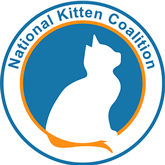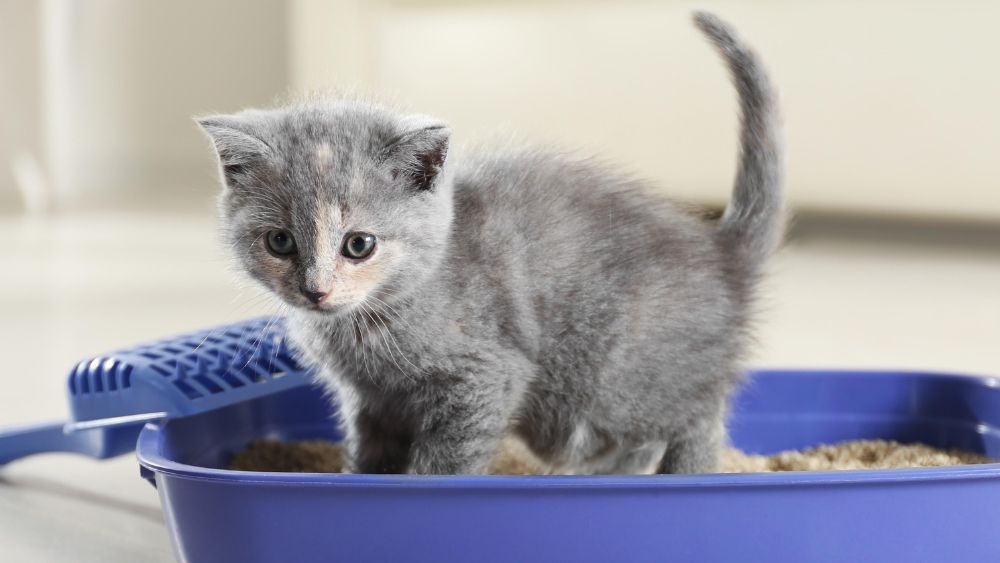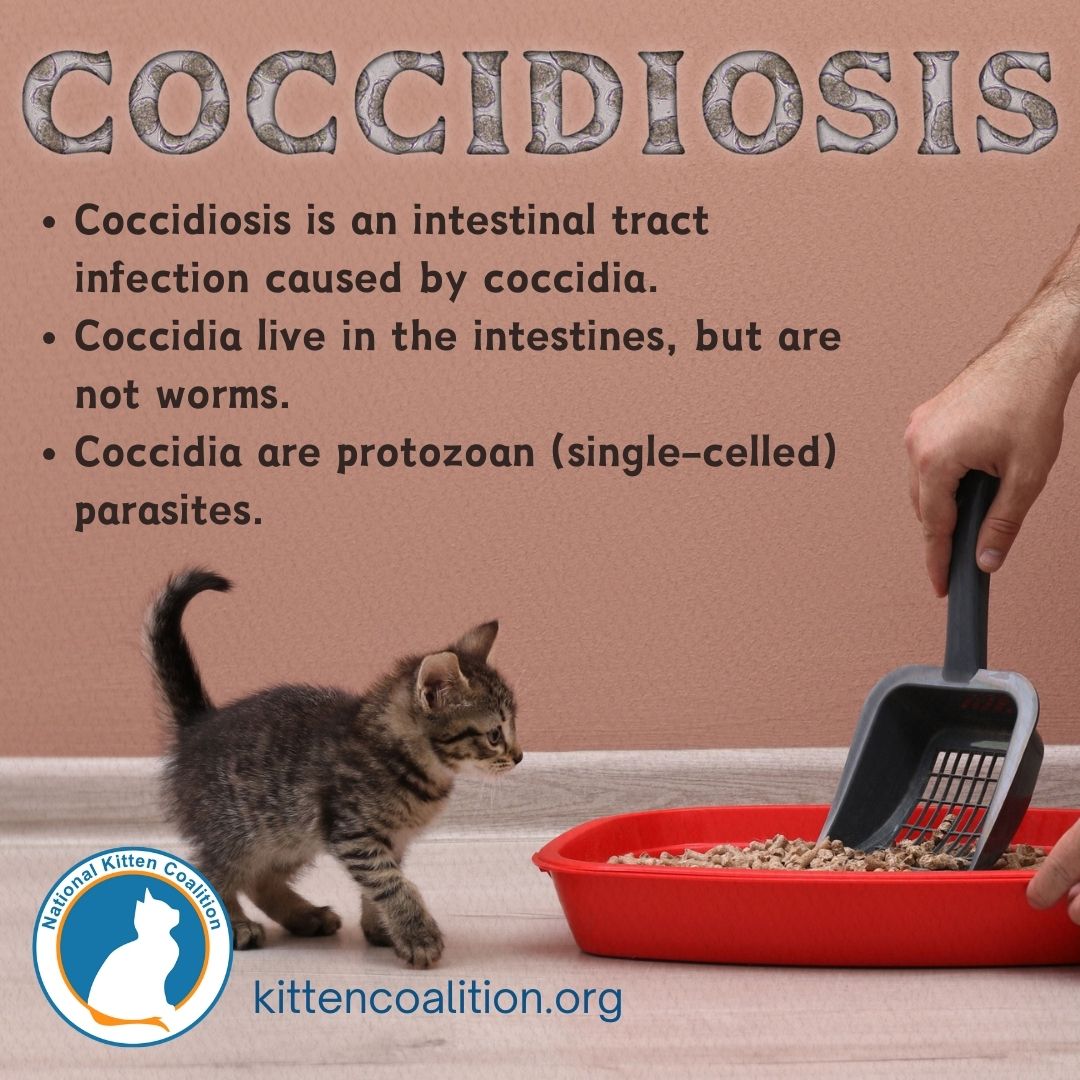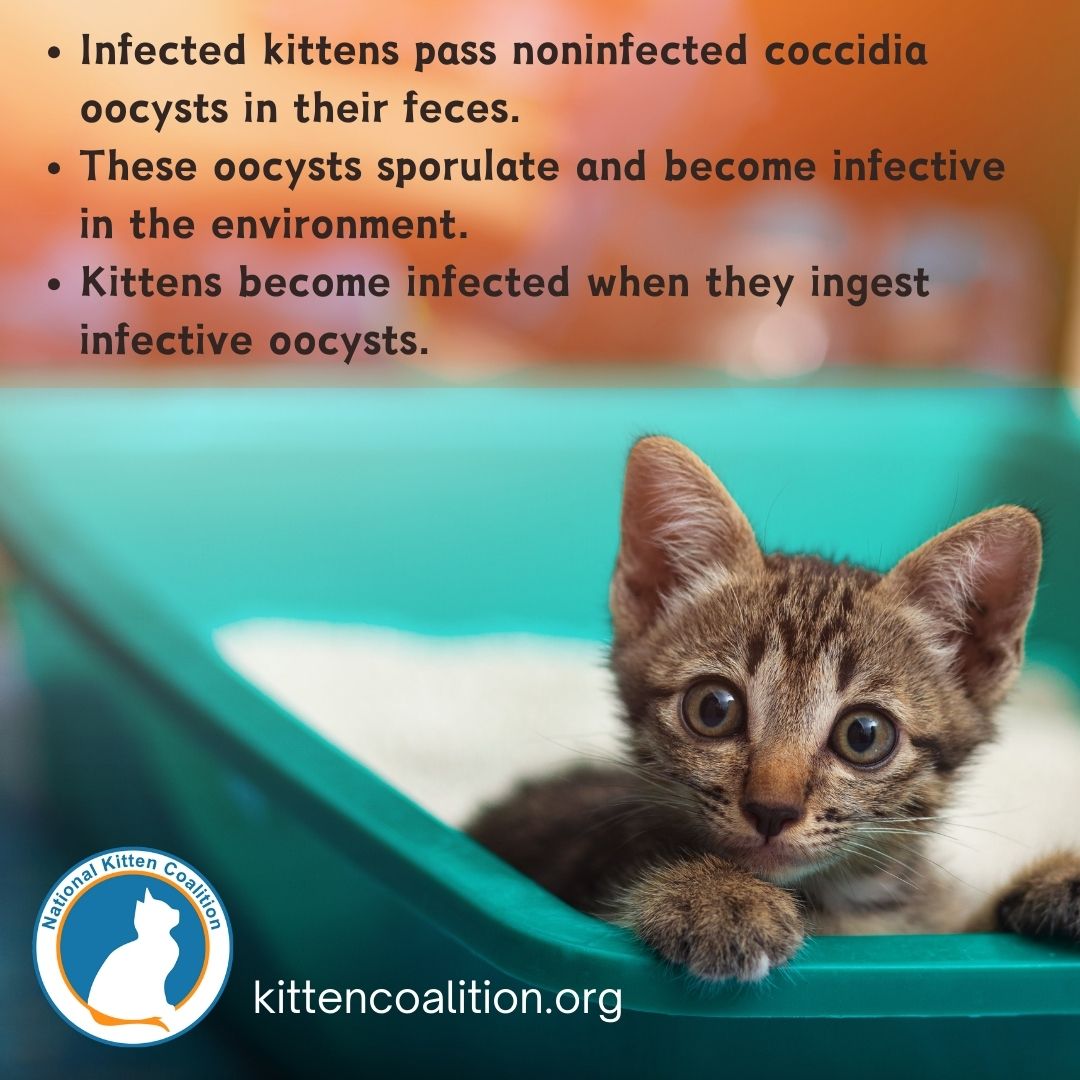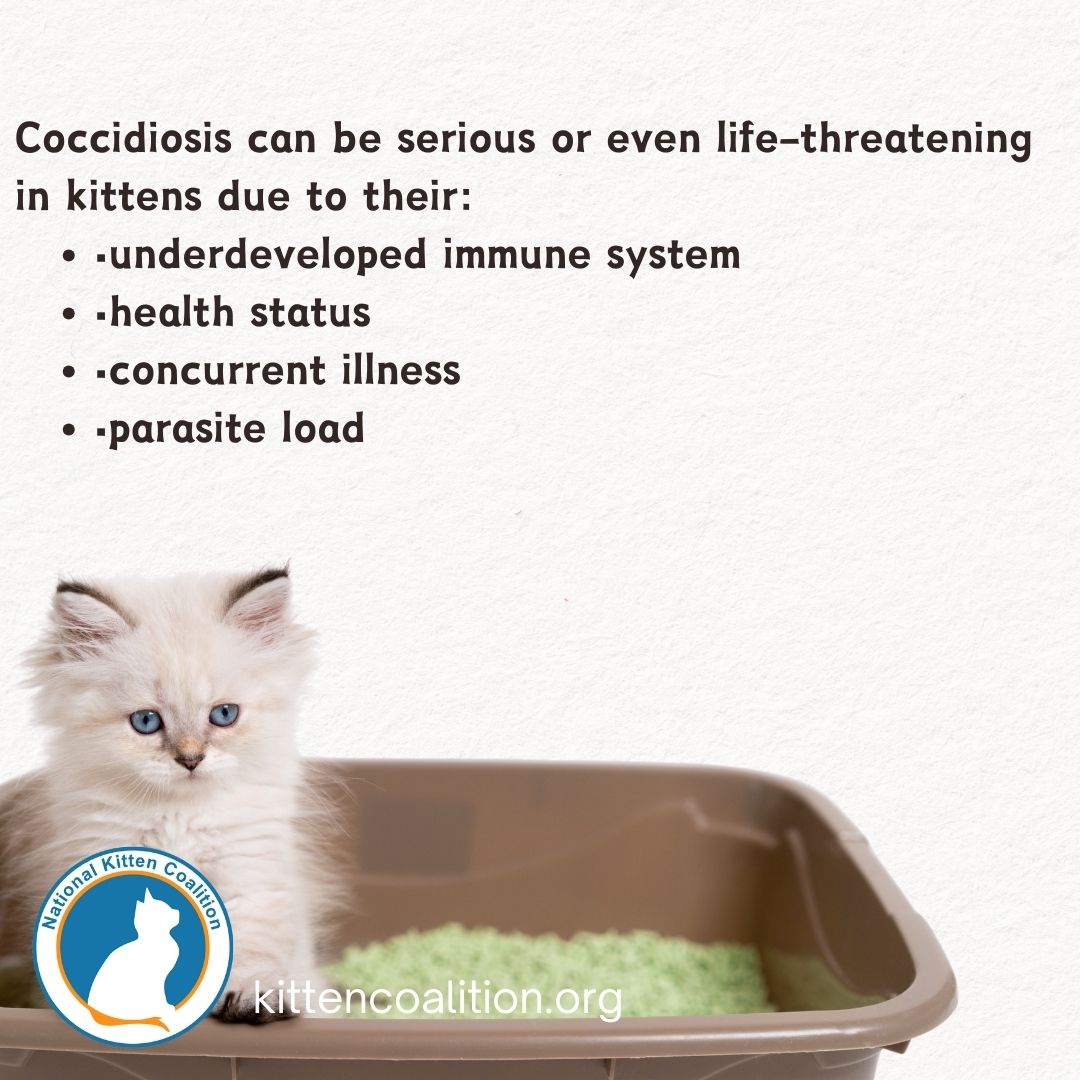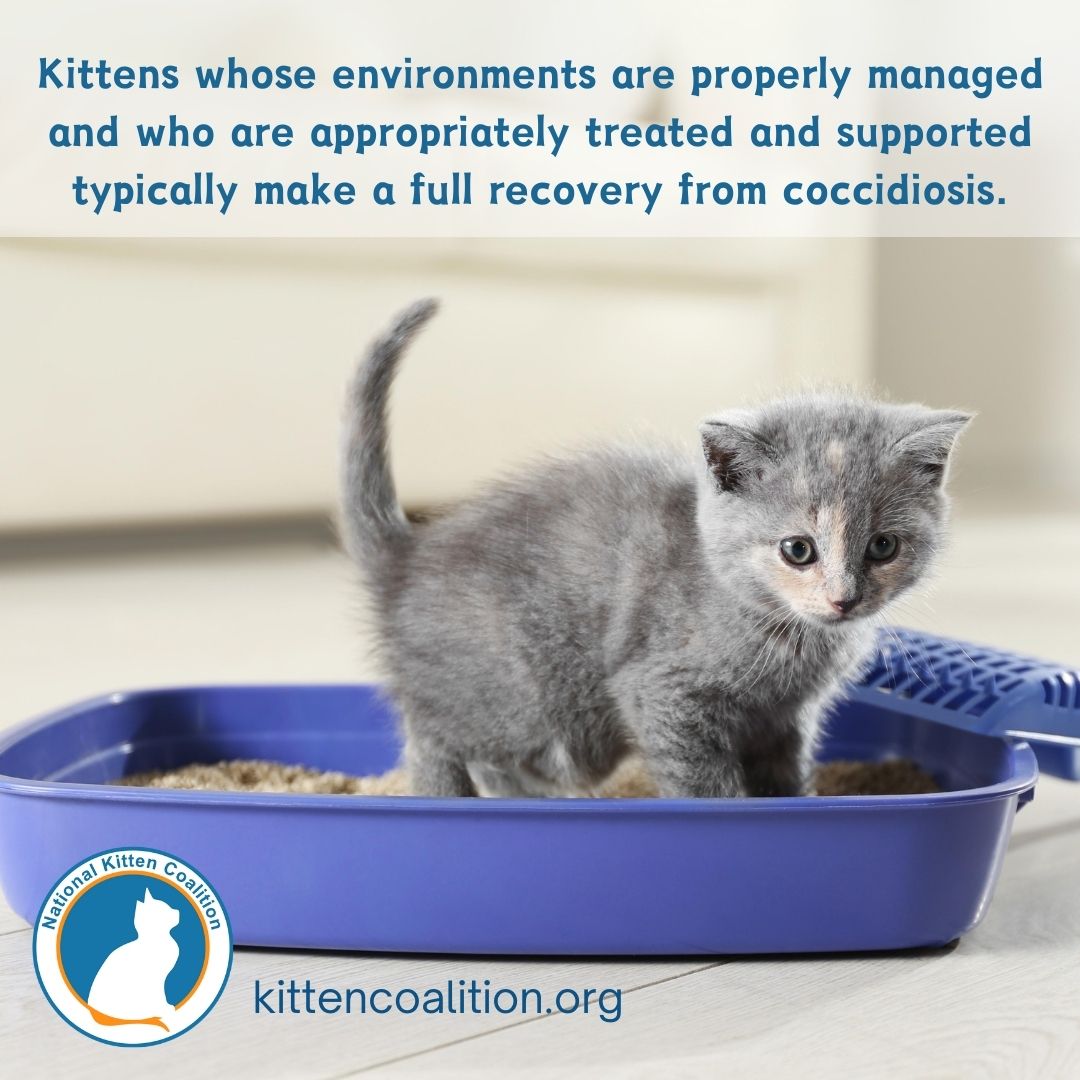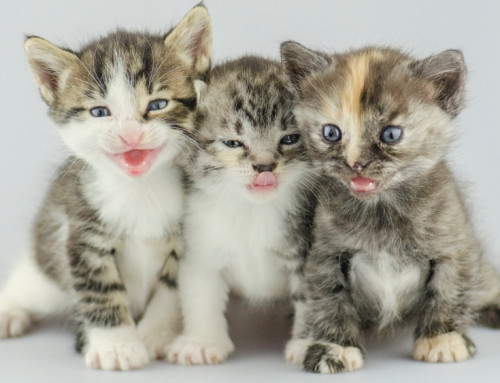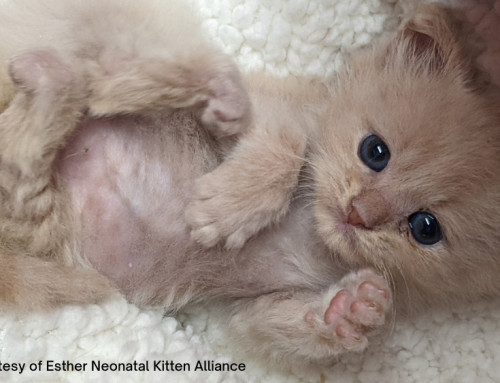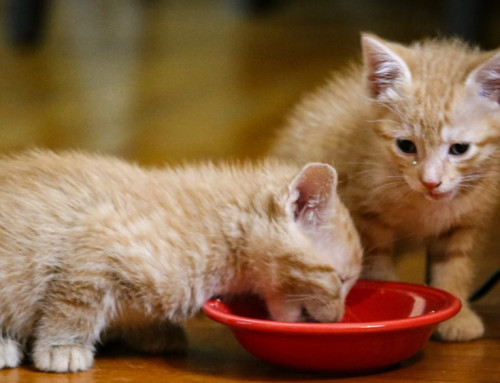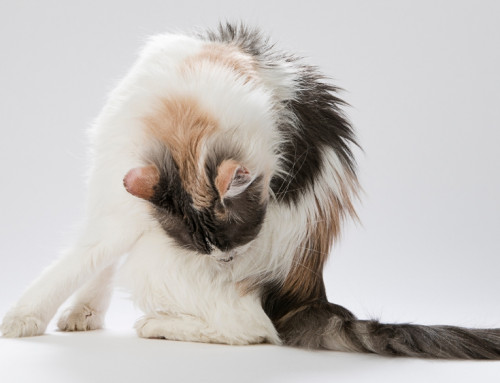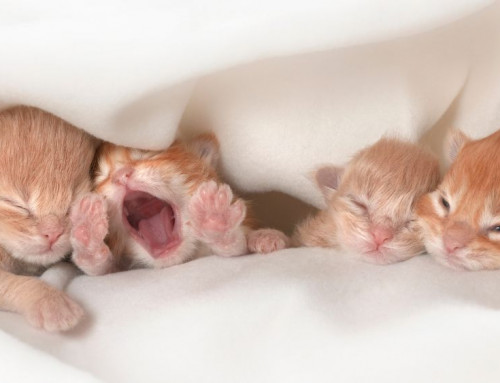Share this resource or email it to a friend!
What Is Coccidiosis?
Coccidiosis is an intestinal tract infection caused by coccidia. Although coccidia live in the intestines, they are not worms. Rather, they are protozoan (single-celled) parasites.
The two most common species of coccidia found in cats are Isospora felis and Isospora rivolta. They are host-specific, meaning a cat can only transmit an infection to another cat and not to another animal, including humans.
Coccidiosis can be serious or even life-threatening in kittens due to their underdeveloped immune system, health status, concurrent illness and parasite load.
Understanding the Life Cycle of Coccidia
Coccidia produce noninfective oocysts that pass through the intestines of an infected kitten and are excreted in the feces. These oocysts sporulate and become infective in the environment. Sporulation usually occurs in 7-10 days, but may occur as quickly as 6 hours in warm, moist and oxygenated conditions.
Therefore, it is critical to remove feces as quickly as possible so the oocysts in the feces do not become infective and contaminate the kitten’s environment, reinfect the kitten or infect another kitten.
How Do Kittens Get Coccidiosis?
Kittens get coccidiosis by swallowing infective oocysts from:
- The environment, including the litter box; the oocysts can be carried on their paws and fur and then be ingested while grooming
- The feces of queens or other kittens and cats who are asymptomatic carriers
- Contaminated soil that they ingest
- Prey they hunt, such as mice and rats, which are known as transport hosts because they carry certain life stages of coccidia acquired by eating infected feces
What Are the Symptoms of Coccidiosis in Kittens?
Symptoms of coccidiosis may include:
- Watery, yellow, foul-smelling diarrhea (may be mucoid or contain blood)
- Weight loss
- Dehydration
- Lethargy
- Abdominal pain
- Crying when defecating
- Vomiting
- Anorexia
Symptoms appear 3 to 11 days after ingestion of infected oocysts, but usually occur during weaning stress. Other stressful events, such as changes in environment, including awaiting adoption in an animal shelter, entering a foster home or even being adopted, may worsen symptoms.
How Is Coccidiosis Diagnosed in Kittens?
A kitten’s history and symptoms, a fecal exam and exclusion of other possible causes will help diagnose coccidiosis.
A standard fecal flotation test and microscopic exam may not detect oocysts due to the:
- Small numbers of oocysts present per fecal sample
- Experience of the individual reading the fecal sample via microscopic exam
- Age of fecal sample (sample must be fresh)
- Oocysts not being shed in feces daily
Because false negatives and positives are possible with fecal flotations, a polymerase chain reaction (PCR) test may be required to confirm coccidiosis. The PCR test detects genetic material of coccidia and is available through reference laboratories.
What Is the Treatment of Coccidiosis in Kittens?
Sulfadimethoxine, an antibiotic commonly known by the brand name Albon®, is the only FDA-approved treatment for coccidiosis in the United States. Albon® does not kill the oocysts, but inhibits their reproduction in the intestinal tract with the hope that the kitten’s immune system can then better fight off the infection. Albon Oral Suspension is given to kittens for 5-21 days depending on the response; treatment may take as long as a month to be effective.
Ponazuril (Marquis Paste), an antiprotozoal drug, is given orally to horses to treat coccidiosis. Although not FDA-approved for treating coccidiosis in kittens in the United States, Ponazuril is widely used by animal shelters and rescue organizations for kittens as young as 2 weeks of age. The drug kills the parasite, leading to a faster response and shorter course of treatment.
Ponazuril must be diluted before it can be given orally to kittens and is usually given for 3-5 days based on the severity of symptoms. The medication is repeated at 7-14 days; retreating is based on symptoms and fecal exams. Missed doses may make the treatment ineffective, and the entire course may require repeating. Some US-based pharmacies offer compounded, flavored versions of Ponazuril for treatment of coccidiosis in kittens.
In addition to treating coccidiosis directly, supportive care is indicated for kittens with coccidiosis. This includes probiotics, oral fluids, electrolytes and a diet that contains highly digestible proteins, fat and carbohydrates and is low in fiber which all lead to decreased fecal bulk. Anti-nausea medication and fluid therapy may be indicated to alleviate anorexia, vomiting and dehydration. Hospitalization and intravenous fluids may even be required for severely ill kittens.
In order to prevent reinfection, it is essential to clean and disinfect litter boxes, scoops and the environment (cage, foster room, etc.) while kittens are undergoing treatment for coccidiosis.
How Is Coccidiosis Prevented in Kittens?
Infective oocysts are resistant to most disinfectants and can be very difficult to remove once present in the environment. Therefore, preventative measures are key to reducing infection, especially in places housing lots of kittens in close proximity, such as animal shelters, foster homes and catteries.
Recommended actions to prevent coccidiosis in kittens in animal shelters include:
- Housing litters separately
- Wearing gloves when handling kittens and changing gloves between litters
- Removing feces right away and wiping down the contaminated environment daily
- Using a detergent and disinfectant, such as accelerated hydrogen peroxide (e.g. Rescue™); a 1:16 dilution with a 5-minute contact time or 1:32 dilution with a 10-minute contact time is recommended for deep cleaning between animals
- Allowing cages to air dry if possible
- Cleaning all bowls daily; avoiding fecal contamination in water
- Deworming all kittens prophylactically on intake with Ponazuril and repeating at 7-14 days if the kitten is still in the shelter; if symptoms of coccidia are present, a more aggressive deworming protocol should be done on an individual basis
- Placing kittens in foster homes to decrease stress, which may improve their ability to fight infection
To help prevent coccidiosis in personal kittens:
- Isolate any new kittens for at least two weeks
- Bring a fecal sample of any new kitten to the veterinarian and retest samples yearly for adults
- Take kittens, especially those with diarrhea, to the veterinarian for diagnostics and treatment
- Quarantine any sick kittens or cats, especially if they have diarrhea
- Do not feed raw meat
- Control pests like mice and rats that can carry coccidia, and do not let kittens hunt and catch prey
- Keep kittens indoors
Kittens whose environments are properly managed and who are appropriately treated and supported typically make a full recovery from coccidiosis.
